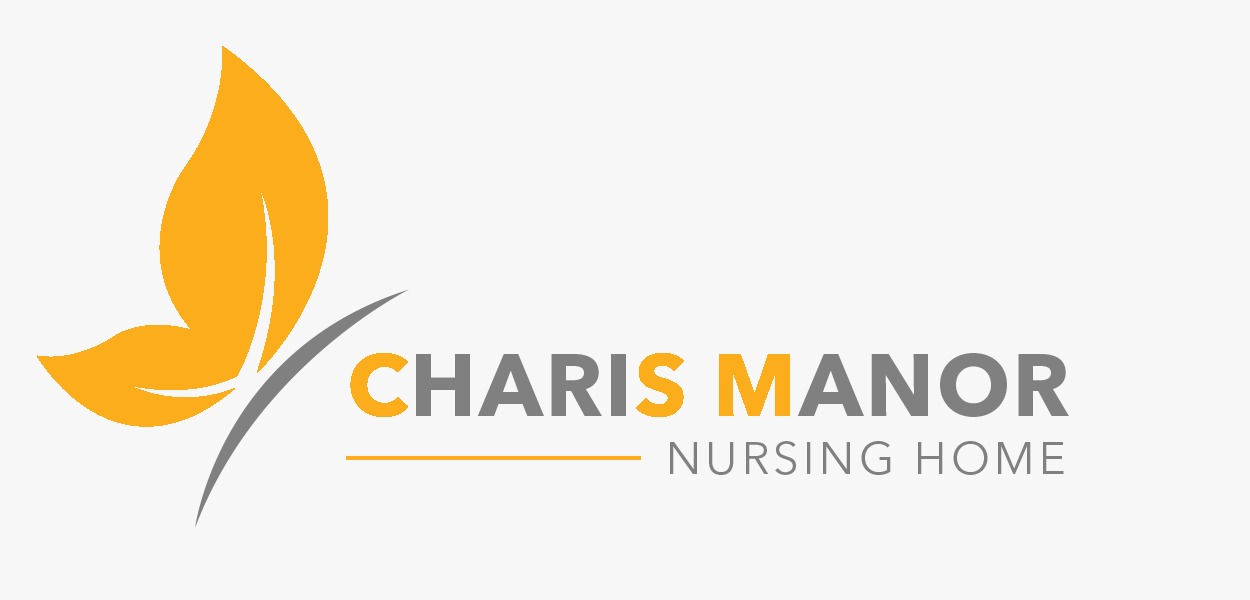Sustainability, Economics, Innovation, Globalisation and Organisational Psychology (SEIGOP) 2023
1 – 3 March 2023
View Full Conference Brochure Here
Following the successful International Conference on Business, Economics, Management, and Sustainability (BEMAS) 2021 and 2022 editions, the Centre for International Trade and Business in Asia (CITBA) at James Cook University, Singapore (JCUS), is pleased to announce the Sustainability, Economics, Innovation, Globalisation and Organisational Psychology (SEIGOP) Conference to be held on 1 – 3 March 2023 in Singapore, face to face! Ranked #1 on economic freedom (Heritage Foundation, 2021) and world competitiveness (IMD World Competitiveness Center, 2021), and #2 on ease of doing business (World Bank, 2021), tropical Singapore is a world-class transportation hub, digital frontrunner and global leader in economic development and entrepreneurial spirit. Against this backdrop, CITBA at JCUS aims to create a platform for academics, researchers, industry practitioners and students to disseminate their research findings with other global experts.
Conference theme and topics:
Theme:
Innovation-driven business and sustainability in the Tropics
Topics:
- Innovations in B2C and B2B industries in the Tropics and implications for sustainability
For example, B2C papers can focus on, but not limited to e-commerce, retail, hospitality, health, education, FMCG industries. Papers in B2B can focus on green manufacturing, supply chain, food technology
- Sustainable tourism in the Tropics
For example, papers can focus on, but not limited to tourism post-pandemic, sustainable solutions in HoReCa, no-frills and luxury tourism (re)defined, digitalisation of tourism
- Entrepreneurship and innovations redefining urban and rural societies in the Tropics
For example, papers can focus on, but not limited to the role of entrepreneurship in urbanisation, innovation as driver in tropical urban and rural areas, innovations for food security in urban societies, entrepreneurs’ resilience during and after the COVID-19 pandemic
- Globalisation of innovative sustainable practices: Lessons from the Tropics
For example, papers can focus on, but not limited to what other contexts beyond the Tropics (e.g., Global North, temperate climatological regions) can learn from best practices (e.g., case study examples, guidelines, policies) in the Tropics, lessons on innovation and sustainability from COVID-19 in the Tropics
- Well-being of the workforce in the Tropics: Lessons from research in organisational psychology
For example, papers can focus on, but not limited to individual wellbeing in and after the pandemic, mentally and physically preparing the future workforce
Coronavirus Information
As the world reopens and Singapore welcomes international travelers again, we have opted for a fully face to face conference. International visitors must check the entry requirements to Singapore and they are urged to adhere to the local COVID-19 measures.
Review Process
CITBA requires that all submitted conference papers go through a blind peer-review process, with the evaluation being based on the originality, research depth and quality, and relevance to the theme of the conference and/or the other research tracks listed in this call. We invite full research papers (i.e., conceptual, literature review, quantitative and qualitative empirical), case study papers, policy and practitioner papers, and research notes. Papers that are accepted following the review process, and are presented in the conference will appear in the conference proceedings. Please check the Author guidelines for more details. All accepted full manuscripts will be published by Springer in an edited book of the proceedings.
Topical Background
The Tropics is the region between the Tropic of Cancer at 23°26’11.5’ N and the Tropic of Capricorn at 23°26’11.5’ S (Feeley & Stroud, 2018). Only Hong Kong, Singapore and Taiwan are considered as successful, high-income and economically advanced countries in the Tropics (Sachs et al.,2001). However, many other regions and countries in the Tropics are progressing rapidly, spurred by innovative technology and increased use of mobile phone technology – as a connector of people in remote, urban, rural, developed and underdeveloped areas – has enabled this development. According to the recently published State of the Tropics Report (2021a), access to mobile phones in the Tropics has increased dramatically since the turn of the century but still trails behind the rest of the world. In 2000, there were fewer than five mobile phones per 100 people in the Tropics. By 2019, this number had grown to more than 97 per 100 people.
On a more general level, the Tropics is the most populous (i.e., with around 40% living there), most bio diverse (i.e., 80% of the terrestrial species and more than 95% of the world’s corals and mangroves) region on the planet (State of the Tropics, 2021b). Nonetheless, propelled by rapid population growth, the Tropics is a region full of economic development potential and exciting international trade and investment opportunities. Densely populated emerging countries like India, Indonesia and Nigeria will be among the largest economies of the world by the end of the century. These upward socioeconomic trends are compromised by the impact of climate change on the Tropics’ biodiversity as well as humanity’s ecological footprint (State of the Tropics, 2020). Deforestation, desertification, disease outbreaks (e.g., COVID-19 pandemic) and natural disasters (e.g., floods, heat waves) may cause natural resources running out and people being forced to seek creative ways to live and work.
Moving forward, adaptive and creative responses by businesses will redefine societies in the Tropics (Thirumaran & Azzali, 2021). An increasing stream of research focuses on how businesses use and apply (technological) innovation as a means of achieving sustainability goals (George et al., 2021; Lüdeke-Freund, 2020; Schaltegger & Wagner, 2011). Some notable studies (e.g., Hossain et al., 2021; Surie, 2017; Youssef et al., 2018) along these lines are geared to emerging or developing contexts (e.g., Africa, South Asia), for the reason that these contexts are socio-economically disadvantaged. Another factor redefining the post-COVID-19 society will be the ability of workplaces to effectively deal with mental health issues which have risen dramatically due to prolonged periods of lockdown and separation from family and friends. Prior to COVID-19, the State of the Tropics (2019) report had also highlighted that mental health issues are an area of societal concern in the Tropics because they are a significant contributor to morbidity in the region.
A complex interplay of well-being, social, economic, environmental factors therefore pose significant challenges for the future of the Tropics and yet most of the research on business innovation for sustainable development are focused on the western and industrialised world. Little is known about how innovation-driven sustainability is exercised by or for businesses in the Tropics, i.e., the region of the world that is probably jeopardised the most (State of the Tropics, 2020).
With that in mind, we welcome conceptual, qualitative, quantitative and mixed-methods papers on the impact of innovation-driven businesses on sustainability in the Tropics that typically have the following research aims (but not limited to):
- What sustainability missions, practices, responses and/or strategies businesses in the Tropics take, or should take, to redefine, shape and prepare their future society for a changing natural environment.
- How different types of innovations (e.g., digital, frugal) are used as a means to achieve sustainability goals of businesses in the Tropics.
- What businesses in non-tropical countries (e.g., northern hemisphere) can learn from innovation-driven sustainability practices of businesses based in the Tropics.
- Case studies of how businesses undertake innovation and sustainability practices in the Tropics, i.e., examples, models or showcases of successful (and unsuccessful) business and lessons learnt.
- How regulators and businesses in the Tropics are collaborating to further the sustainability initiatives for economic, environmental and social upliftment.
- Innovative ways in which employers in the Tropics are tackling issues of anxiety, depression, work-life balance among their employees (e.g., during and post-COVID-19).
In particular, we welcome contributions, on any of the above research aims, from emerging or developing countries.
Conference Proceeding and Publication Opportunity
Conference proceeding will include full-papers and will be published by Springer in an edited volume titled “Innovation-driven business and sustainability in the Tropics – Proceedings of the Centre for International Trade and Business in Asia (SEIGOP 2023)”. Authors of accepted and presented papers can choose to have their full papers published in the conference proceeding free of charge.
Key Dates:
| Conference | 1, 2 and 3 March 2023 |
Abstract submission open | 10 June 2022 |
Abstract Only Submission deadline | 15 October 2022 |
Notification on abstracts | 1 November 2022 |
Full paper submission (For edited book) | 15 November 2022 |
Notification of acceptance full paper | 1 December 2022 |
| Early bird registration deadline: | 7 December 2022 |
| Final registration deadline | 1 January 2023 |
| Full paper revised, proofread submission | 1 February 2023 |
Sponsors
|
|
|
| Dr. Gary Tsu |
|
Raymond Teo & Associates | Mr. Tan Yong Siang |
|
Conference Venue
Welcome Cocktail Reception: Residence of Australian High Commissioner (by invitation)
Parallel Sessions: Campus of James Cook University, Singapore









